US Concerns Mount Over Iran-Russia Military Satellite Tech Partnership
The United States has expressed concerns about the closer cooperation between Russia and Tehran in the satellite field because it would grant Iran capabilities it did not possess before, particularly in monitoring potential targets in Israel and the Middle East.
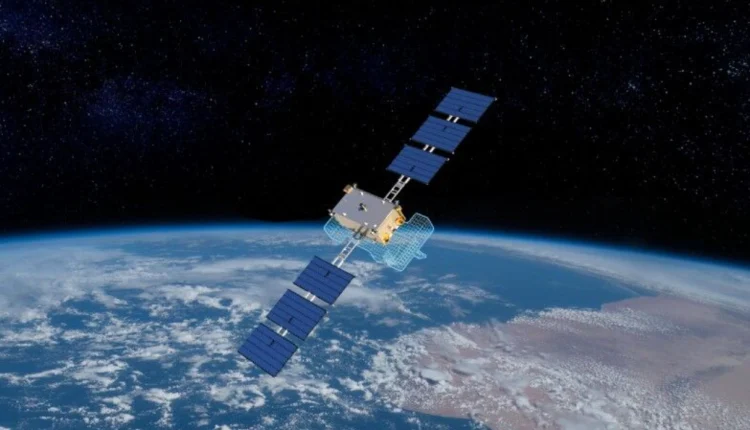
(DEFENCE SECURITY ASIA) — Iran will collaborate with Russia to build more spy satellites named “Khayyam” to assist the Persian country in addressing various security and defense challenges in the region.
According to Iranian and Russian media, negotiations have already taken place between Tehran and Moscow regarding the technical specifications of the new “Khayyam” spy satellite, which is likely to be launched by Russia.
Currently, Iran can only launch small satellites into Low-Earth Orbit (LEO) using the “Qased” rocket.
Tehran recently launched a military satellite called “Noor 3” into an orbit located approximately 450km from Earth in September.
In addition to the “Khayyam” spy satellite, there are plans between both countries to launch a geostationary satellite and a communication satellite in the near future.
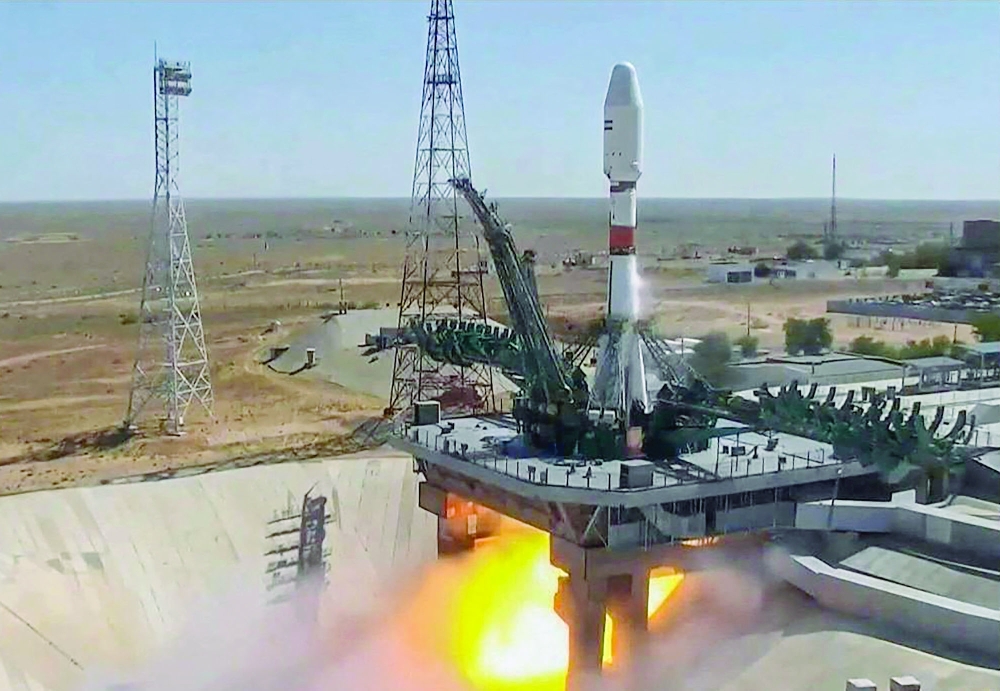
In August of the previous year, Russia launched the “Khayyam” spy satellite using the Russian “Soyuz” rocket from the Baikonur Cosmodrome in Kazakhstan.
Iran’s “Khayyam” spy satellite, launched last year, is believed to have used Russian spy satellite technology from the “Kanopus-V Earth Observation Satellite” with an image resolution of approximately 1.2 meters.
“Khayyam” is named after the famous Persian mathematician and poet Omar Khayyam.
Iran indeed plans to launch more satellites, both for civilian and military purposes, in the coming years.
Among the satellite authority’s plans in Iran is to establish a constellation of small satellites for military and national security purposes, called the “General Soleimani Satellite System.”

General Qasem Soleimani was the commander of the Quds Force under the Islamic Revolutionary Guard Corps (IRGC), responsible for secret military operations in the region.
He was killed in Baghdad, Iraq, in 2020 by a US drone strike while in a vehicle leaving the country’s airport.
The United States has expressed concerns about the closer cooperation between Russia and Tehran in the satellite field because it would grant Iran capabilities it did not possess before, particularly in monitoring potential targets in Israel and the Middle East.
Since the start of the conflict between Russia and Ukraine in February of the previous year, relations between Moscow and Tehran, especially concerning security and defense, have become increasingly close.
This development came after Iran supplied advanced military drones from its defense industry, such as the Shahed-136 and other types, to Russia, which allegedly used them to attack various targets in Ukraine.
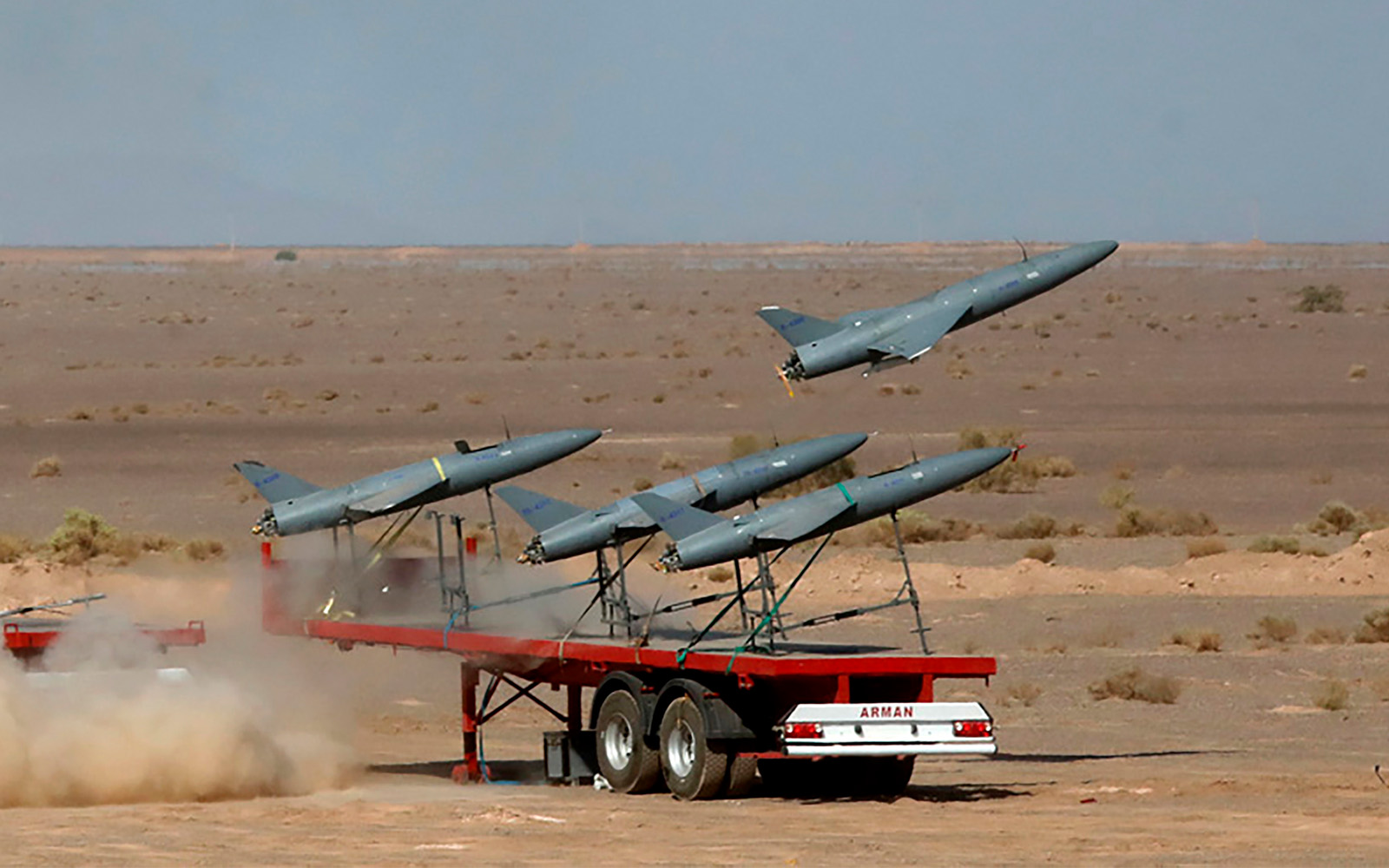
Moscow is also reportedly planning to supply Iran with Su-35 fighter aircraft.
It has also been reported that both countries have agreed to establish a facility for the production of Iranian military drones in Russia, in a city called Yelabuga in Tatarstan. — DSA

DEFENCE SECURITY ASIA APPS
To advertise contact admin: haikalhamas73@gmail.com
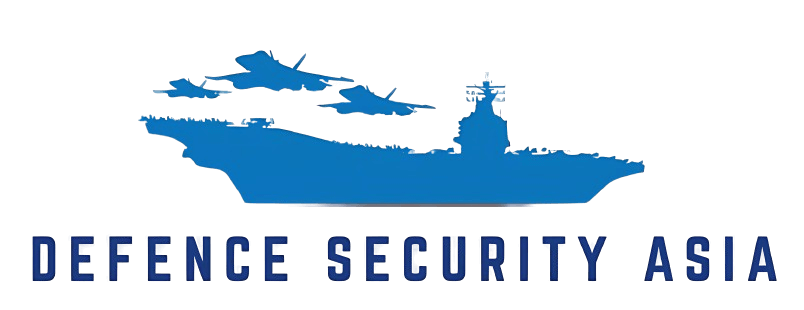
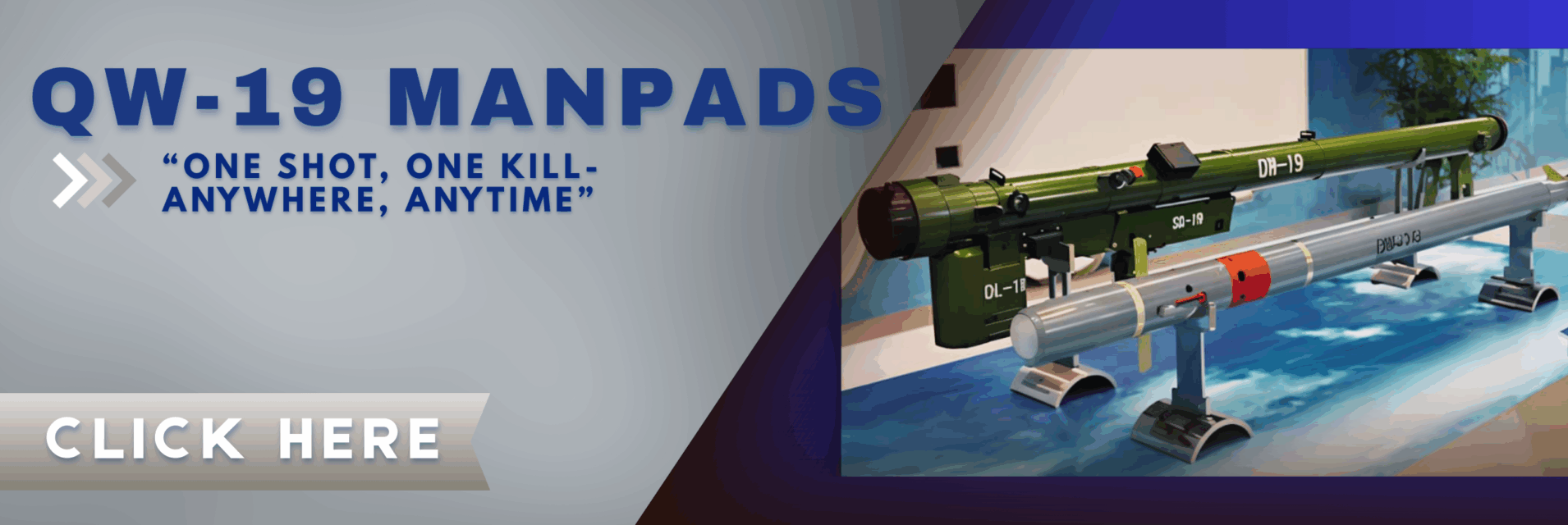
Comments are closed.